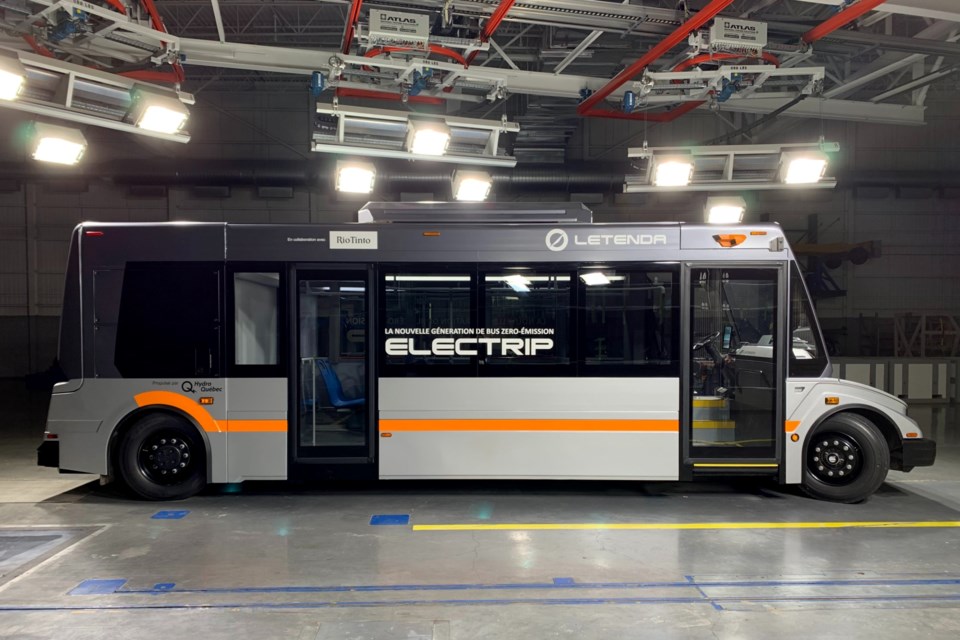We know the planet is warming and we know that the estimated 50 billions tons of carbon dioxide we pump into the atmosphere is to blame.
We also know that for the continued comfort and survival of our species — let alone the other species we share the planet with — we must, collectively, stop filling our atmosphere with the chemicals that are turning Earth into a deadly (for us) sauna.
Greater Sudbury alone certainly is not going to fix the climate crisis. But just as we did with regreening our environmentally ravaged city and just as we did with helping pioneer more planet-friendly mining practices, the Nickel City can help lead the way.
We have already taken a step in that direction when city council declared a climate emergency in May 2019. It continued when council approved the Community Energy and Emissions Plan (CEEP) a little more than a year later, which helps provide the city with a roadmap to achieving an ambitious goal of hitting net-zero carbon emissions by 2050.
Some might say that goal is overly ambitious, others that it is not ambitious enough. While the goal can and should be debated, it cannot be abandoned — it is just too important.
Some of the credit for lighting a (carbon-free) fire under city council must go to young Sophia Mathur, Greater Sudbury’s young climate activist and the first Canadian young person to join Greta Thunberg’s Fridays for Future campaign. Sophia’s efforts have attracted supporters from all walks of life and demographics, but in particular it has attracted politicians from every level of government to her events, politicians who have helped amplify the message that climate change is real, it’s happening and we have to continue our societal efforts to step more lightly upon the planet.
Which leads us to Greater Sudbury’s smart water meter program and the effort to convert the city’s transit bus fleet to battery-electric vehicles by 2035.
In our view, both of these initiatives are well in line with the city’s efforts to reduce our carbon footprint.
Naturally, these plans are not without critics, particularly from those concerned the high upfront cost of both projects outweighs the benefits. By any measure, this is simply not true.
Yes, replacing the residential water meters (which have reached the end of their effective life and must be replaced either way) with smart meters will cost taxpayers $7 million more than traditional meters, for a total cost of around $17 million.
The pricetag is high, but it must be noted those smart meters are significantly cheaper to operate. Requiring staff to drive from house to house individually reading meters is a labour and fuel intensive practice. Eliminating those costs saves us all money.
So, while we are paying $17 million for the new meters, they will end up saving us $628,000 a year. The tab will be paid off in a decade or so, but the annual budget savings will continue.
The situation is similar for electric buses. Again, a higher upfront cost but major savings over the long term. As reported, diesel buses cost upwards of $650,000, compared to more than $1 million for electric.
When the City of Saskatoon conducted a pilot project on converting its large fleet of transit buses to electric, they found the buses to be reliable and cost-effective, saving more than $3 million a year.
On average, the pilot project found electric buses performed about on par with diesel, except in the coldest month of the year, February, when the effective range of an electric bus was cut in half. Battery performance is certainly an issue in Sudbury’s climate as well, but Saskatoon found this issue turned out to be minor when weighed against the massive savings of operating electrically.
Diesel buses cost nearly $30,000 a year to operate; for electric, it’s under $7,000. Diesel buses need around $43,000 a year in maintenance; electric required about $9,000.
The old adage “you have to spend money to make money” applies here, except in this case “you have to spend money to save money”.
Is Greater Sudbury going to save the planet this way? No. But if we can save piles of money while collectively doing our part to walk a gentler path upon the Earth, it seems like a win-win scenario in our book.
Sudbury.com's editorial opinion is determined by an editorial board made up of senior staff.
